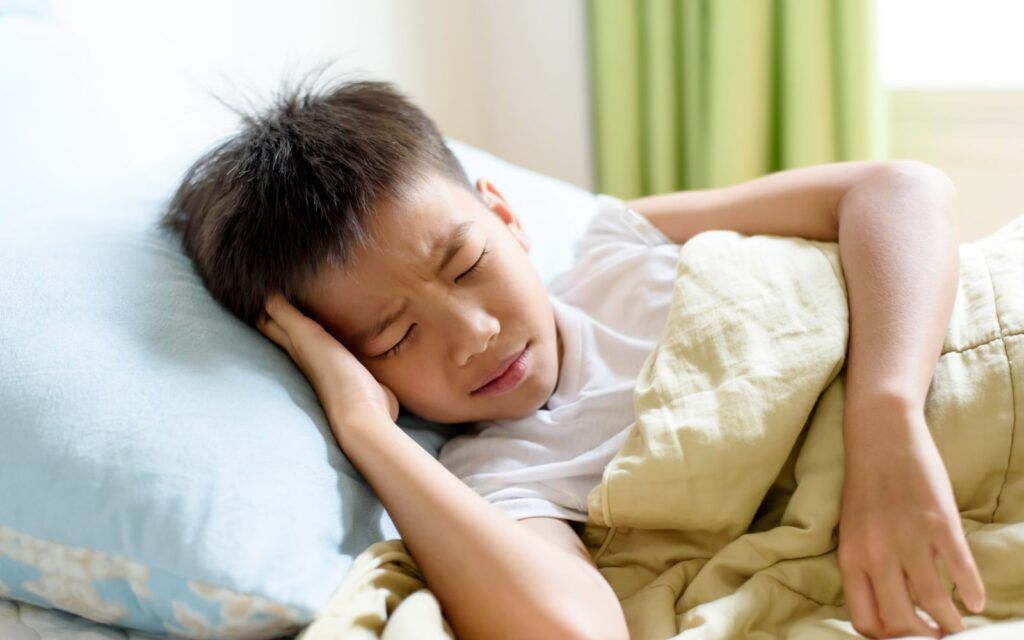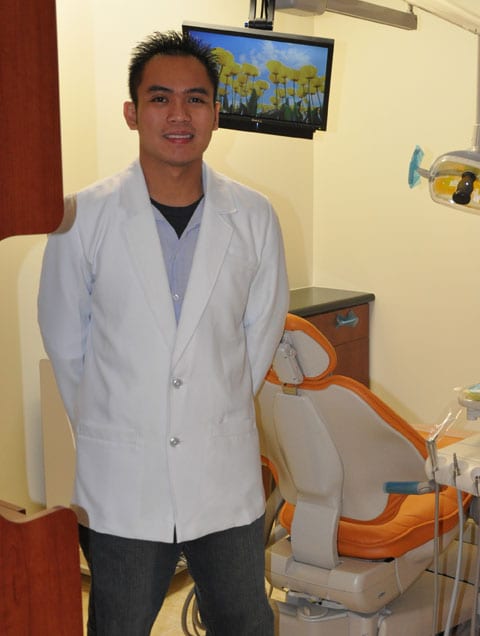Pediatric sleep apnea is a sleep disorder that affects children and can significantly affect their oral health. At Superb Dental Care, we understand the importance of diagnosing, treating, and managing pediatric sleep apnea to ensure your child’s well-being. Let’s explore this condition in more detail and help you learn more about this condition and the available treatment options.
Understanding Pediatric Sleep Apnea and its Treatments
Pediatric sleep apnea occurs when a child experiences repeated or complete blockage of their airways during sleep. This obstruction can reduce oxygen levels and disrupt their normal sleeping patterns, resulting in various health complications. Identifying the signs and symptoms of sleep apnea in children is crucial. Here are some indicators you should look out for:
- Snoring: Loud, persistent snoring is a prominent symptom of pediatric sleep apnea.
- Restless sleep: Children with sleep apnea tend to toss and turn more frequently during sleep.
- Pauses in breathing: When watching your child sleep, see if your child experiences moments of interrupted breathing when asleep.
- Mouth Breathing: Sleep apnea can primarily cause children to breathe through their mouths instead of their noses.
- Daytime Sleepiness: Excessive daytime sleepiness or difficulty staying awake can be signs of sleep apnea.
- Behavioral changes: Some signs of sleep deprivation can lead to irritability, mood swings, and poor concentration at school.
- Poor academic performance: Chronic sleep deprivation can affect children’s cognitive abilities and academic performance.
- Bedwetting: In some cases, sleep apnea has been associated with nocturnal enuresis (bedwetting).
- Growth issues: Severe sleep apnea can impact a child’s growth and development.
The Oral Health Implications of Pediatric Sleep Apnea
Pediatric sleep apnea can significantly impact a child’s oral health. Here are some potential oral health problems that may arise:
- Malocclusion: Chronic mouth breathing with sleep apnea can lead to misalignment of the teeth and jaws, resulting in malocclusion. This can lead to an improper bite and orthodontic concerns.
- Bruxism: Sleep apnea can also contribute to bruxism in children, leading to tooth wear, jaw pain, and headaches.
- Tooth decay: Breathing through the mouth can cause the mouth to dry, reducing saliva production and increasing the risk of tooth decay and cavities.
- Gingivitis and Periodontal Disease: Reduced saliva flow from sleep apnea can cause the gums to become infected and inflamed, leading to periodontal disease.
- Facial Abnormalities: Pediatric sleep apnea can also contribute to poor jaw development and potentially lead to facial abnormalities such as long-face syndrome or changes in jaw development.
- Enlarged tonsils: Sleep apnea is also associated with large tonsils, which can obstruct the airways and contribute to breathing problems.
Visit Superb Dental Care To Learn More About Pediatric Sleep Apnea Treatments
At Superb Dental Care, we prioritize early detection and intervention when helping patients with pediatric sleep apnea. Identifying and treating the early signs of pediatric sleep apnea is important as a condition that can impact a child’s oral health and well-being. If you wish to learn more about our services, contact our practice in Pasadena, CA, today by calling (626) 844-7778 to schedule an appointment with Dr. Reynaldo Barbon and ensure your child’s oral health remains in optimal condition, contributing to their overall quality of life.












